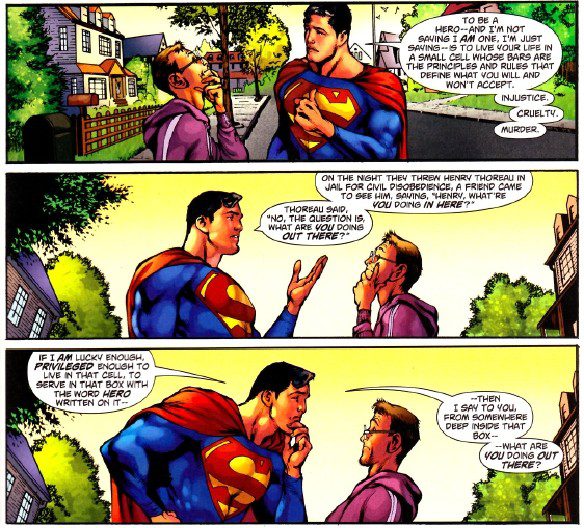In the Harada Yasutani curriculum once one has broken open into the great matter through our minute investigation into the question of life and death aided by the pursuit of one of the “dharmakaya,” “breakthrough,” or “first koan,” pick your term, there is a short course called “Miscellaneous Koan.”
In our school these were once called “Miscellaneous Koans Following Kensho,” but that usage has fallen away. Either redundant or over the top, or, probably, a little of both. Whatever we call ’em, I love these miscellaneous koan. They are very brief. “Save a Ghost,” “Count the Stars in Heaven,” for instance, are both the title and the whole case. Not only do they introduce us to the range of what we will encounter as we go forward in the discipline, here we learn the tropes and style of the koan way.
It is a rich time, with powerful and multifaceted pointers.
Among these, one of my favorite is called the “Stone Crypt.” It does have a bit more to it than the title, although not all that much more. The question goes “You find yourself in a stone crypt. There is no window and the door is locked from the outside. How are you free?”
A good question, I find.
Particularly if we notice how much our lives are indeed living in a stone crypt.
As it happens right now I’m preparing for Sunday’s sermon, which will be anchored by a consideration of Henry Thoreau’s “Civil Disobedience.” For that re-reading the essay. And, while doing that, I stumbled upon this passage from old Hank. It’s been a few years since I read the essay, and I had no recollection of this sentence.
“I have paid no poll-tax for six years. I was put into a jail once on this account, for one night; and, as I stood considering the walls of solid stone, two or three feet thick, the door of wood and iron, a foot thick, and the iron grating which strained the light, I could not help being struck with the foolishness of that institution which treated me as if I were mere flesh and blood and bones, to be locked up.”
Of course, Zen doesn’t generally suggest we’re other than mere flesh and blood and bone.
But there is a worthy pointer here.
For all of us who hope to be free.
So, what do you think?
Hearing this?
Knowing your own life?
Given what is given.
How are you free?
A worthy question, I suggest…













